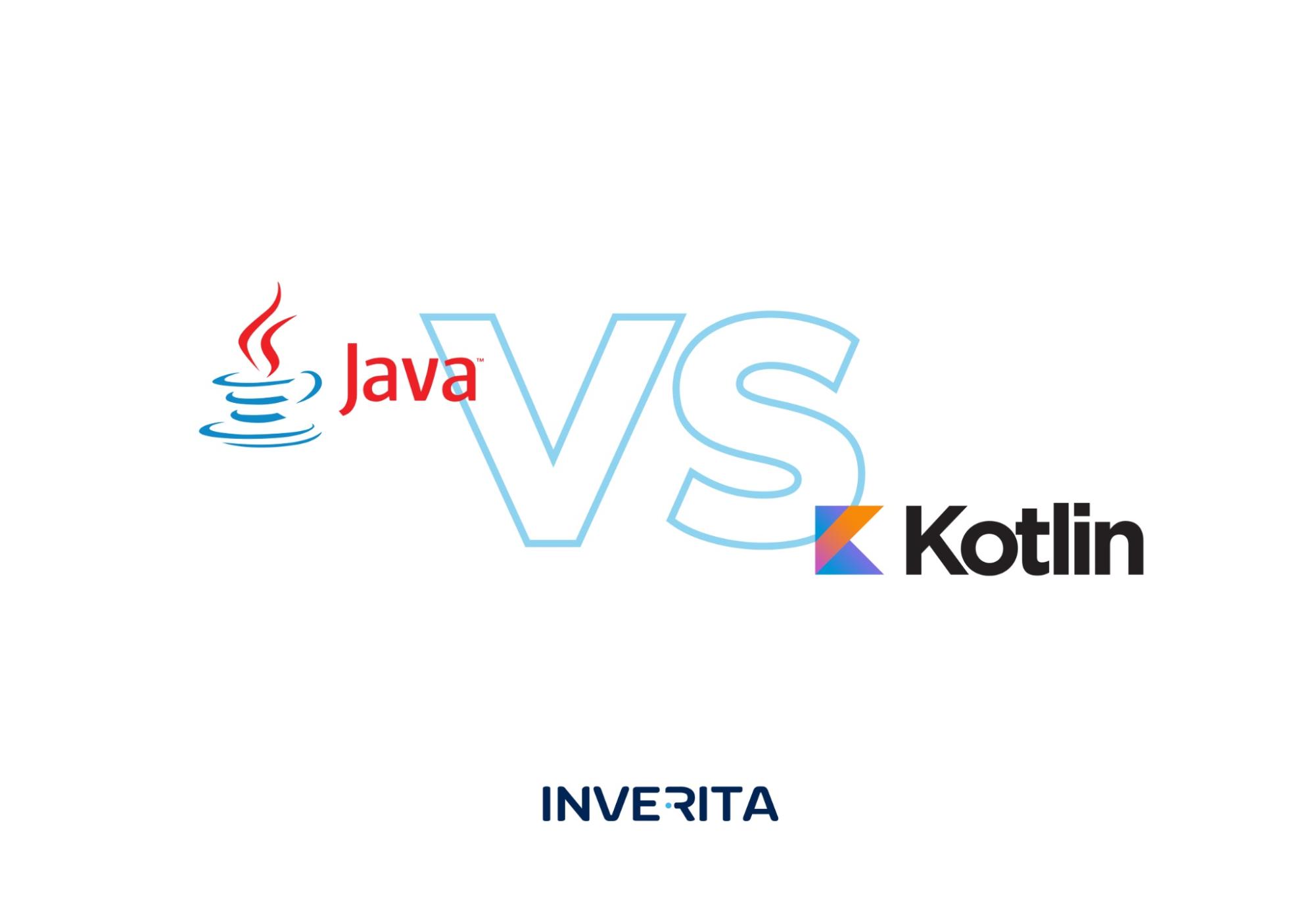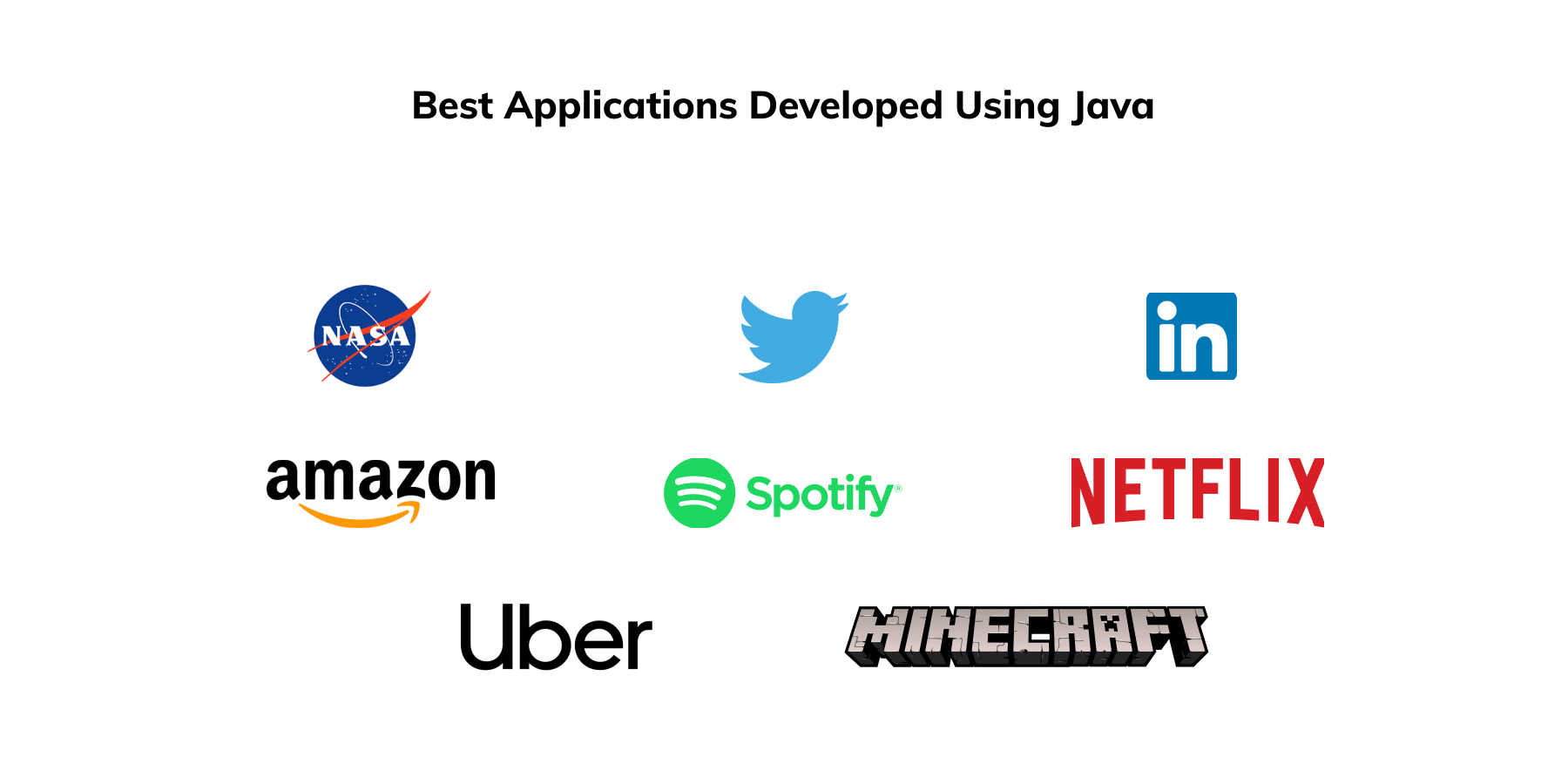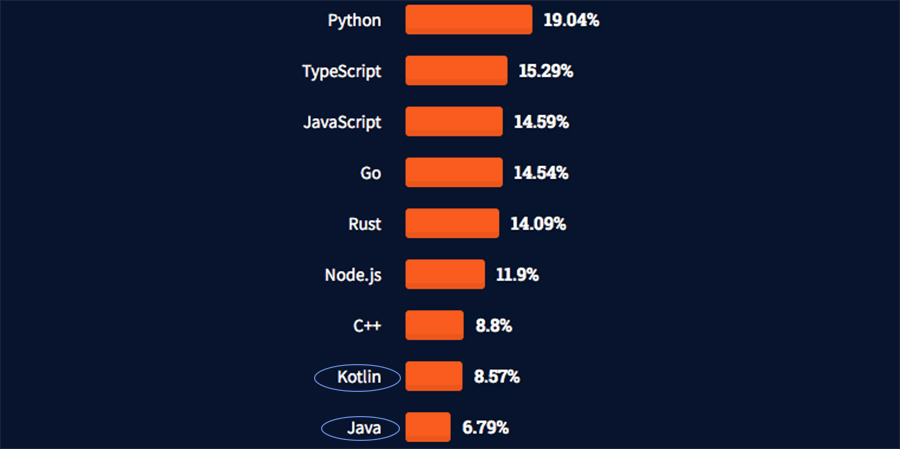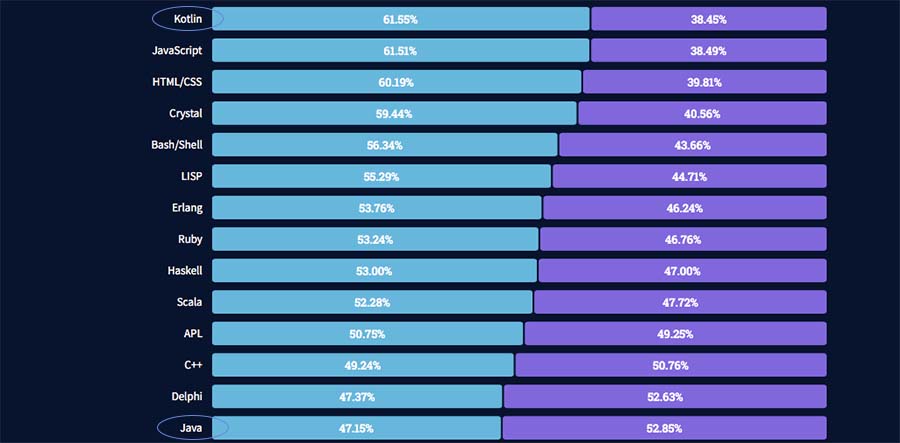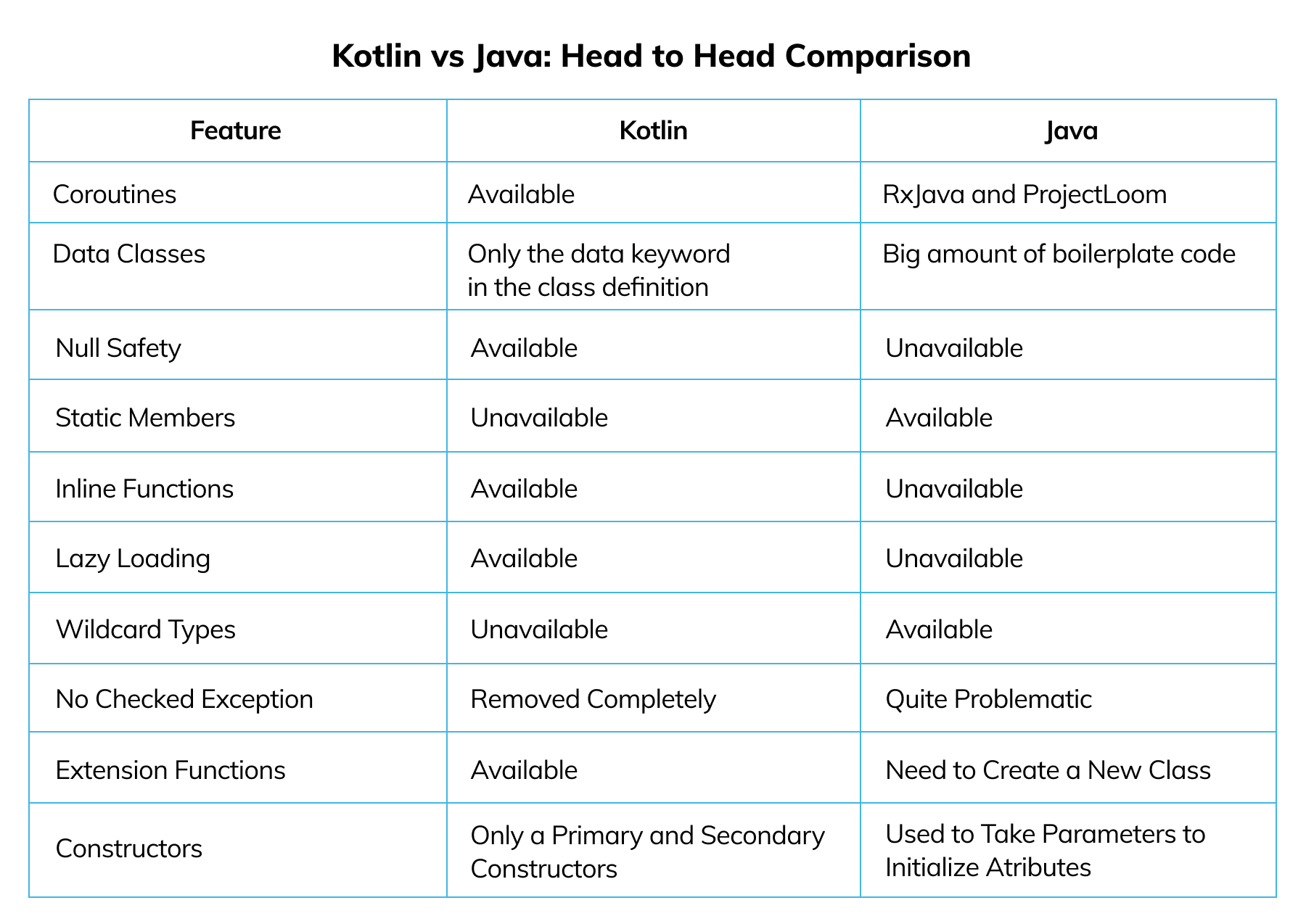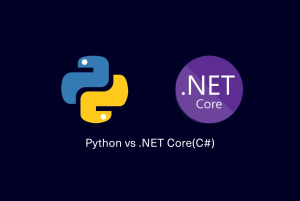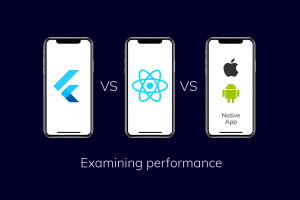Since Android apps appeared in the Play Store, Java has become a symbol and main language for Android app development. At Google I/O 2017, Google acknowledged Kotlin as the official language for Android development, and the tough opposition has begun.
Today, the languages are frequently compared and a lot of experts predict young and developers-friendly Kotlin to take the place of old and mature Java. Is it true? As a custom software development company, we couldn't miss an opportunity to compare these two technologies. Let’s find out.
What is Java?
Java is a programming language developed by James Gosling and released in 1995 by SunMicrosystems. The language is considered to have a shallow learning curve, advanced security features, and a high degree of platform independence gratefully to the Java Virtual Machine feature.
Every single year Java is predicted to disappear from the list of best languages for web development and every year it remains in the charts. For 20 years, Java maintained the position of the most popular programming language, according to the TIOBE index, being shifted to the third position, as of December 2024 and taking second place, according to the PYPL Index.
Java is updated every 6 months regardless of disasters and pandemics, which undoubtedly strengthens its image of a stable and trusted language.
Benefits of Java
- Java is an object-oriented programming language. It allows programmers to design modular programs and reusable code;
- Java runs on JVM that is very beneficial in terms of memory management, code optimization, garbage collection, and other developer-friendly features;
- It has an easy learning curve compared to most other programming languages;
- Platform independence enables one to move flawlessly from one computer system to another.
- Java is a secure language that uses a Security manager for each application, allowing developers to define the access rules for classes. It also reduces security risks by avoiding the use of explicit pointers;
- Java programs are relatively inexpensive to develop and maintain as they are dependent on a specific hardware infrastructure to run;
- Strong memory management makes Java a robust programming language.
Challenges of Java
- Java is memory-consuming and therefore much slower compared to native languages such as C or C++. JVM requires an extra level of compilation and abstraction resulting in slower performance;
- It provides not very attractive look and feels of GUI despite the existence of many popular frameworks;
- Working mainly on storage, Java doesn’t focus on the backup of data which is considered to be one of its biggest disadvantages and reasons for losing popularity.

